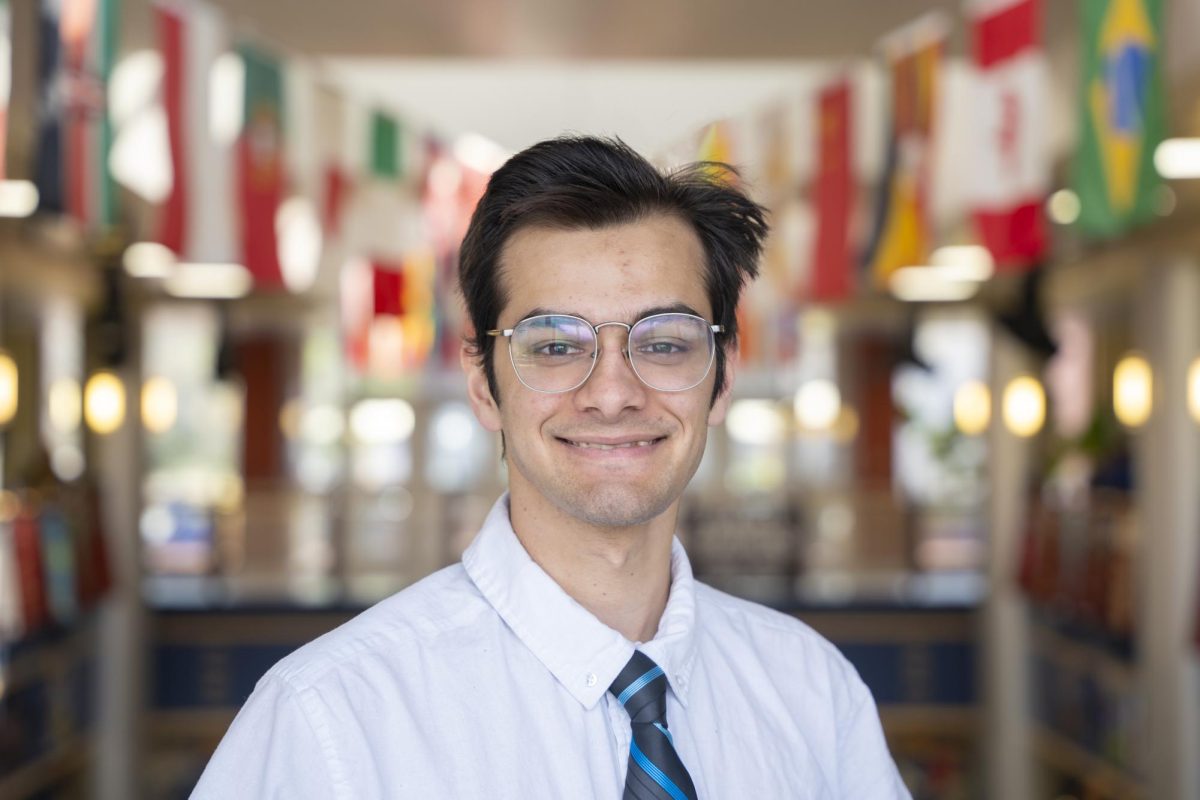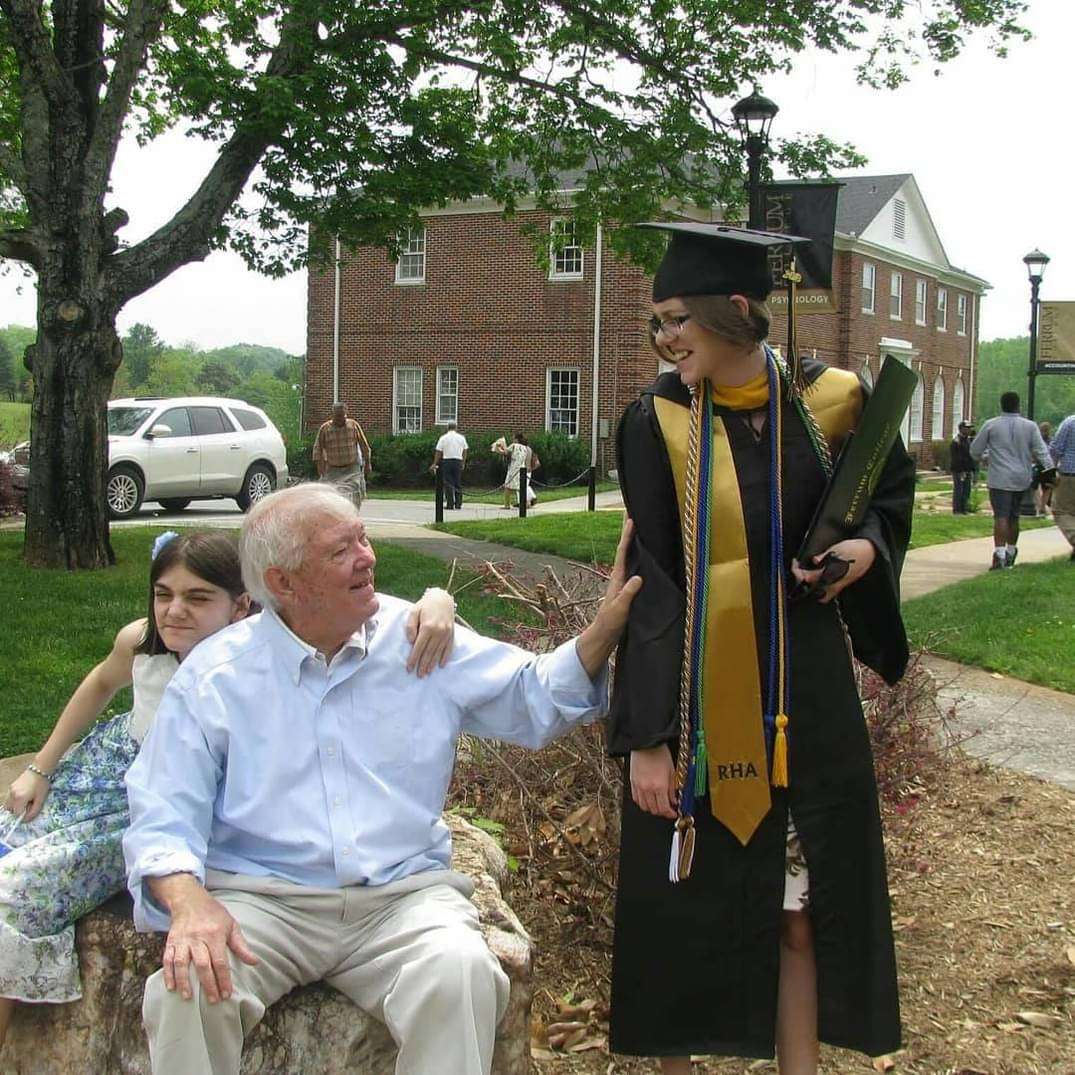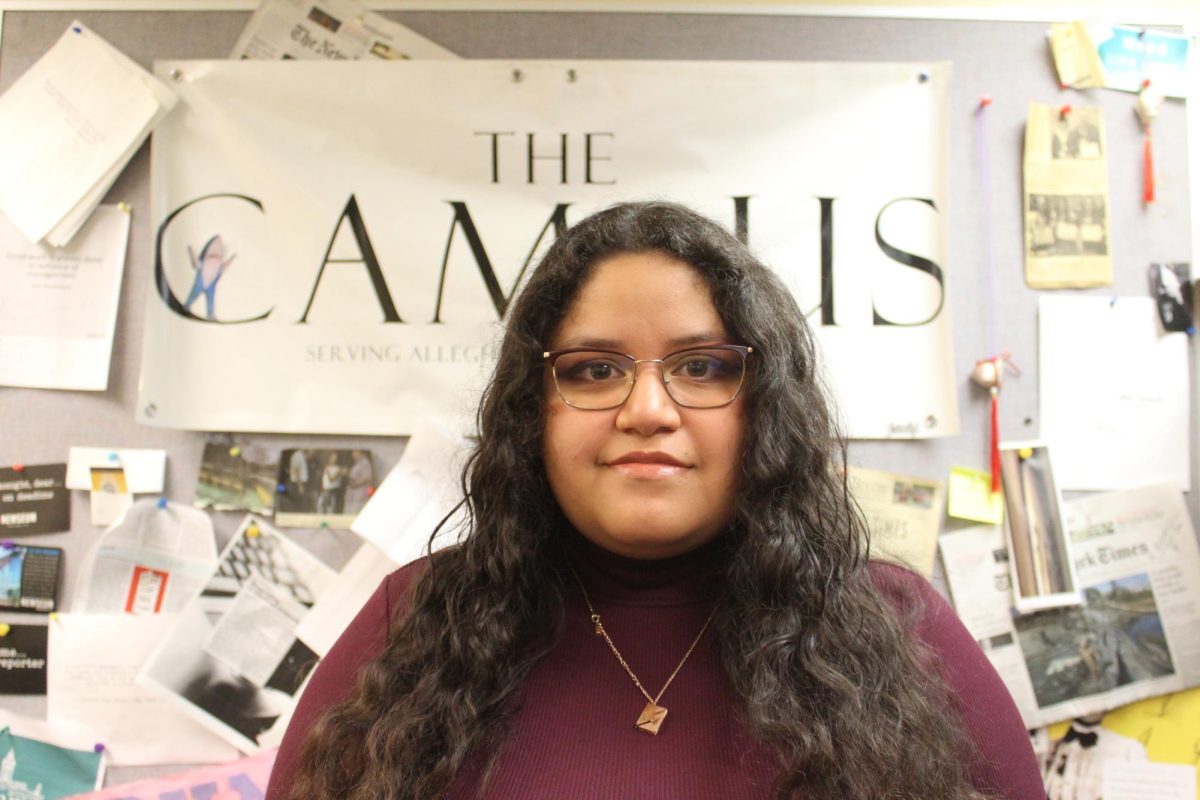Helping a civic minded Vietnamese–American man become a leader in his community and bringing a nurse to tears of joy is not how I envisioned spending the first two days of my senior year at Allegheny.

Here at Allegheny, many of us study things that are “natural,” like “natural” law, the “natural” sciences, or “natural” rights.
Through that lens, I learned to put into words why I want to be a doctor: because I developed an understanding that physicians and health care providers are the “natural” advocates of the poor and less privileged.
Working with Remote Area Medical in Plaquemines, New Orleans brought everything about this understanding to life.
I expected to see the people of New Orleans still rebuilding their communities, but I wasn’t prepared for the character and patriotism the people exhibited.
Driving up to the city skyline of downtown New Orleans made the magnitude of the flooding devastation even harder for me to grasp.
Immediately, I imagined what it would be like if the South Side of Pittsburgh was completely underwater.
For the first time, I saw the gargantuan Superdome and the buildings surrounding it from an angle that wasn’t aerial.
This image drove home the tragic milieu of the events that occurred there 5 years ago.
The three of us from Allegheny headed south of New Orleans to communities called Triumph and Port Sulphur.
We drove down Highway 23 with the Gulf of Mexico on one side and Mississippi on the other until we got to a flashing sign that read “No–Cost Clinic, August 27––29, Bring your own food.”
We were at one of the three sites of the Remote Area Medical (RAM) effort that each offered no–cost medical, dental and vision services to anyone who showed up.
Upon arriving at the site of the clinic there were temporary housing trailers as far as I could see, as well as small abandoned homes that had been deemed unlivable after the storm.
We headed to dinner at one of the two restaurants in the parish (if you don’t count Subway) and noticed the publicity about the the next morning’s clinic.
Our lodging was a community center. It was the product of some kind of grant aimed at post–storm recovery.
Inside were cots, internet access, showers, a gym and a kitchen.
It stood next door to the ruins what many of us determined to be the former community center and the plywood shanties that many residents called their homes.
The other volunteers and I headed to the clinic very early and we shared our skills with each other.
I went directly into my role of making sure that patients understood when and how they were being referred to specialists around New Orleans who would see them at no cost.
This became a challenge when we discovered that a large portion of the Plaquemines residents were Vietnamese–Americans who, for the most part, did not speak English.
I had never been so challenged to connect with patients.
I met one gentleman in particular I will never forget.
He was a fisherman like most of the Vietnamese and Cambodian men we saw that day. However, this patient was slightly better off than most in his community because of his skills as a welder.
He had great pride in his Vietnamese heritage and could name every successful Vietnamese person in the government, pop culture, and academia. The patient was very excited to hear about how I had enjoyed Vietnamese food over the summer for the first time and was very forthcoming with his political opinions.
He communicated the amount of pride he had to be an American citizen despite everything he and his community had been through after the Katrina and the Gulf Oil Spill. He offered to show me around his community and told me what restaurants to check out in town, one of which the other volunteers went to that night.
On the wall of the Vietnamese–owned restaurant was a sign that read, “All Veterans Get Free Drinks, All Vietnam Veterans get 25% off, we thank you for what you did/do for our country.” The next day, with a waiting room full of Vietnamese–American patients, I showed a picture of the sign to one of the nurses who was a Vietnam veteran and she was instantly brought to tears.
Later that day the physicians began to worry about the Vietnamese women following up on their appointments and being compliant.
Dr. Kightlinger asked me to give my new friend a call and see if he wouldn’t mind taking on the role of advocate, leader and organizer in the local Vietnamese–American community. He and one of his friends were happy to assume the role.
After leaving the clinic and ending the trip with a relaxing night down town in New Orleans, a city where no one takes each other too seriously, I realized that I had rediscovered why I wanted to be doctor.
I couldn’t have found a more gratifying way to spend my first two days of my last year at Allegheny.





